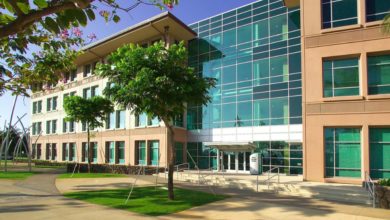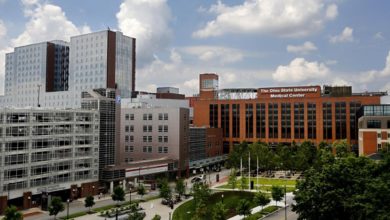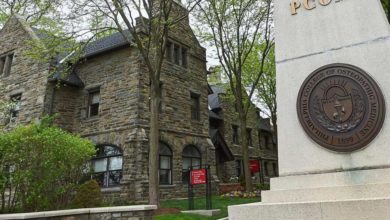Here are University of Florida College of Medicine’s secondary questions.
2025-2026
1. Reflect upon your life experiences, values and/or personal background. Do any or all of these help frame how you envision your future contributions to the health and wellbeing of others as a physician and if so, how? (500 words)
2. If you are not a full-time student during this application cycle, in particular at any time between August 2025 and July 2026, please detail your current and planned activities below. If your plans are not confirmed or if they change, please update us later in the cycle via the User Profile: Updates section. (250-500 words)
3. At the UFCOM, we have many strategies to equip our students to preserve their own humanity and that of their patients. One of the most important is the ability to make connections with and get to know their patients. Frequently such connections become the student’s first taste of the joy of medical practice, a joy that can be a bulwark against burnout. As Dr. Fred Griffin has observed:
“It is physicians’ good fortune to spend their lifework engaged in a profession where—hand in hand with developing proficiency in helping others—they may deepen self-understanding, increase their own humanity, and learn how to grapple with the dilemmas that they too must face in life…When physicians are willing to engage in this process, they are much more likely to find their work meaningful; they are less likely to become “burned out” by the daily impact of the suffering of their patients and of the emotional demands placed on them. This statement is only apparently paradoxical.”
Students at UFCOM regularly write about and discuss encounters with patients that shape their professional identity and help them become better physicians and human beings. Here are two such reflections from our third-year students, each describing interactions where they grew and learned while they were caring patients. Read and reflect on both and then choose one and describe how the writer, in the words of Dr. Griffin, deepened self-understanding and increased their humanity. (525 words)
4. Holocaust survivor and renowned psychiatrist Viktor Frankl, (1905-1997) wrote an account of his time in the concentration camp called, “Man’s Search for Meaning.” It has sold more than 10 million copies in 24 languages and offers profound insights into how finding meaning in suffering sustains us during our darkest times.
In his view self-protection is counterproductive and, only by “self-transcendence” can we find true meaning and purpose in our lives. To quote him, “The more one forgets himself–by giving himself to a cause to serve or another person to love–the more human he is and the more he actualizes himself…self-actualization is possible only as a side-effect of self-transcendence.” This assertion fits our experience and has led us to the belief that focusing on ourselves beyond common sense self-care will be counterproductive in our quest for wellness. We call this the “Paradox of the Self.” Stated briefly,
The more I think and worry about myself, my shortcomings, struggles, unfulfilled desires or unwanted circumstances; the more anxious and miserable I will become. While the more I focus my attention outward and live with a graceful self-forgetfulness, the more I can serve others with joy and find fulfillment in the profession.
Please give some consideration to this “paradox of the self” and tell us in the space below about experiences where you have seen this principle at work either in your own life, or in the lives of others. (525 words)
5. Optional: If you think there is any additional information that would help the admissions committee in its review of your application, please use the space below. (750 words)
2022-2023
If you are not a full-time student during this application cycle, in particular at any time between September 2022 and May 2023, please detail your current and planned activities below. (250-500 words)
Students at UFCOM regularly write about and discuss encounters with patients that shape their professional identity in important ways. In so doing, we all learn to become better physicians and human beings. Here are two such reflections, by our students, one a poem and the other an essay. Read and reflect on both and then choose one and describe how the writer grew from the experience. Consider the affirmation from the Hippocratic Oath in your response. (500 words)
Below are several quotes from Dr. Frankl that deal with finding purpose and meaning in suffering. After reading and thinking about his insights, chose one or two and tell us about experiences where you have seen these principles at work either in your own life, or in the lives of others. (500 words)
“Between stimulus and response there is a space. In that space is our power to choose our response. In our response lies our growth and our freedom.”
“If there is a meaning in life at all, then there must be a meaning in suffering. Suffering is an ineradicable part of life, even as fate and death. Without suffering and death, human life cannot be complete.”
“A man who becomes conscious of the responsibility he bears toward a human being who affectionately waits for him, or to an unfinished work, will never be able to throw away his life. He knows the ‘why’ for his existence, and will be able to bear almost any ‘how.'”
“Being human always points, and is directed, to something or someone, other than oneself – be it a meaning to fulfill or another human being to encounter.”
Get secondary application advising from MedSchoolCoach.




